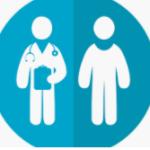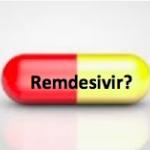Two independent groups have arrived at the conclusion that the COVID-19 lockdown is doing more harm than good. Specifically, the lockdown is taking more life than it's saving. How is it possible to make a determination like that?
COVID-19
The endless daily reports of possible vaccines and potential drugs to treat coronavirus all mention the need for clinical trials before the drug or a vaccine can be approved for use, but without making it clear what the trial involve.
A few years ago, I gave a talk at the University of Lausanne in Switzerland titled "Science Communication in an Age of Fake News." The focus of the talk was on revealing the high prevalence of junk science, particularly in the media, and ways in w
The mayor of Los Angeles has said that his city will "never be completely open until we have a cure" for the coronavirus.
Is sticking your finger down your throat a pleasant experience? (Sorry, bulimics excluded)
How about sticking it down there and leaving it for three weeks? This is not a gag (sorry).
The novel coronavirus, SARS-CoV-2, has been the source of never-ending surprises, all of which have been very bad.
As cities and states across America slowly reopen for business, our leaders claim to be "following the science" as they lift restrictions.
One of the many horrors that drug discovery chemists constantly wrestle with is called pharmacokinetics (PK) – the science of what the body does to a drug (1).
The novel coronavirus, officially dubbed SARS-CoV-2, and the disease it causes (COVID-19) have continued to surprise all of us. And the surprises have been uniformly negative.












